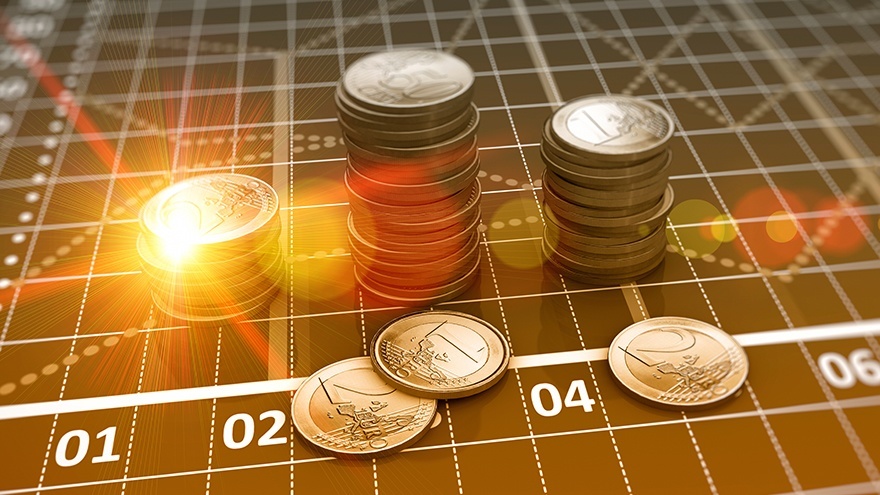Investing for income explained
What does income investing mean?
In short, when you invest for income you hold assets which pay a cash dividend simply for owning them. Thus, if your portfolio needs to produce an income this is a smart invest strategy. You start receiving dividends NOW and can support your income, or reinvest for later.
What kind of investment income exists?
Dividends:
With equities, you own a small piece of the company, as a result you get to share part of the profits. At first, small companies often reinvests their profit back into the company to grow. However, a company that generates more cash than it needs for growth can distribute this cash to the share holders, which includes you.
Coupons:
Bonds are another word for debts which are owed to you. Companies and governments can issue bonds and the issuer of the bond pays you a regular interest coupon.
Distributions:
Mutual funds and ETFs can also make cash payments to investors. With funds these payments are called distributions.
What does yield mean?
In short, the income percentage you receive based on what you paid for the asset is called yield. For example, an equity that pays a $5 annual dividend which you purchased for $100 has a dividend yield of 5%. The equity price influences the dividend yield as illustrated below:
If, for example, the equity price increases to $120 then the dividend yield is now 4.17%.
Alternatively, if the equity price decreases to $80 the equity now has a dividend yield of 6.25%.
This means you can receive a higher yield when you purchase assets at a low price. However, a low stock price and a high dividend yield can also indicate future problems. Generally speaking a drop in the equity price is an indication that the market expects a deterioration in profits. Lower profits often result in lower dividends.
Which type of income is more stable?
Equities and bonds can both generate income, so which is better?
Bonds generally are more predictable because issuers are obliged to pay the fixed coupon at fixed intervals. Therefore, unless an issuer defaults bonds will pay a regular cash income.
Equity dividends are not fixed and will go up and down over time, in line with profits. As a result, the yield can increase, decrease or even stop.
Risk & Return
Investments that produce income tend to be safer investments, but still need to be carefully selected and monitored. Most of the time, bonds are safer than equities because in case of default a debt investor has priority to receive his capital back over equity owners. Secondly, a bond with a high yield should be considered as a riskier investment due to a higher credit risk of the issuer. Finally, equity investors can benefit from any capital growth in the equity price and increased dividends, whereas bond holders will receive the nominal value and a fixed coupon.
Many factors need to be considered. Shoreline can assist clients in understanding their investments and risks.







